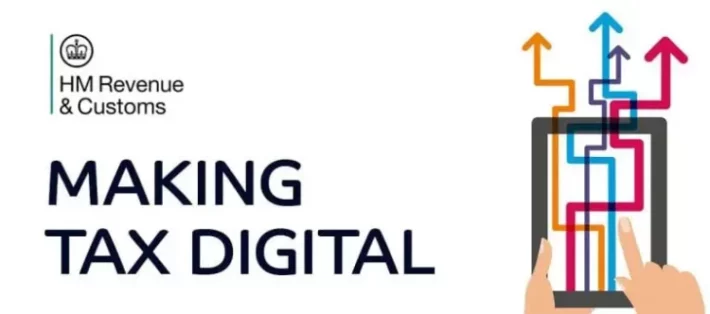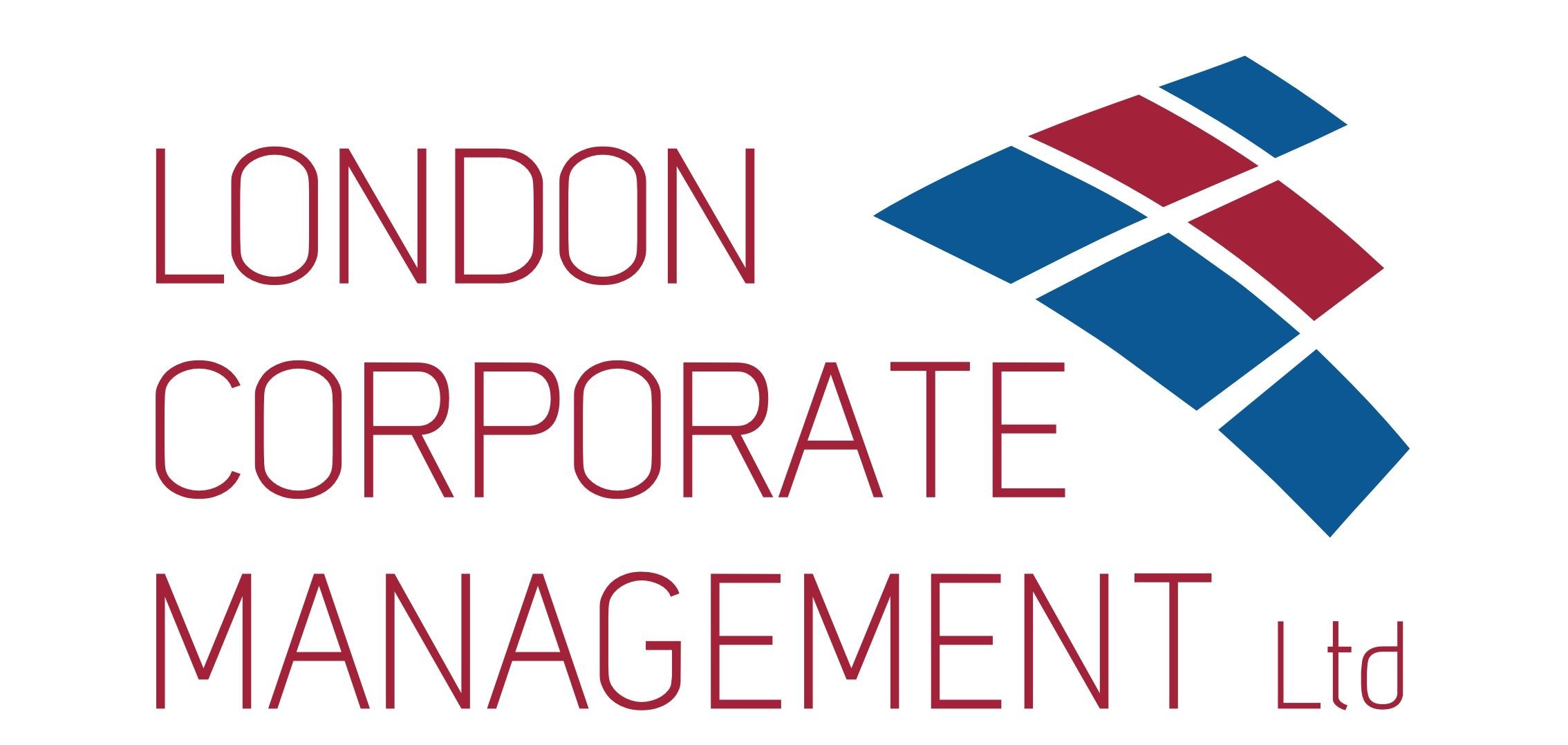MTD for VAT

What is MTD for VAT?
Making Tax Digital (MTD) for VAT requires VAT registered businesses with a taxable turnover greater than the VAT threshold (currently £85,000) to keep all of their VAT records digitally.
In addition, businesses must file their VAT returns through MTD compliant software. The option to manually calculate the totals of boxes 1-9, and then keying them in to the HMRC website is no longer available.
MTD changes the way that businesses must store their records & submit their VAT returns.
MTD does NOT affect the rate of VAT, the submission deadline or the payment deadline.
What are the changes?
Currently, ONLY businesses with a taxable turnover equal to or in excess of £85,000 are required to comply with MTD for VAT.
However, from April 2022, ALL VAT registered businesses must comply with the MTD regulations.
Some specific exemptions do apply.
This means that ALL businesses registered for VAT, regardless of the level of taxable turnover, must now submit returns via MTD compliant software.
In addition, appropriate accounting software will be required to keep digital records. Businesses may use other software with appropriate digital links to submit their returns if accounting software is not suitable.
When do the changes apply?
The mandate for all VAT registered businesses to comply with MTD will come into effect from April 2022.
Specifically, the first VAT period starting on or after 01 April 2022 will have to be MTD compliant.
EXAMPLE 1
If your VAT quarter covers the period 01/04/2022 – 30/06/2022, this quarter will have to comply with MTD.
EXAMPLE 2
If your VAT quarter covers the period 01/03/2022 – 31/05/2022, this period would NOT need to comply with MTD.
Instead, the following period, 01/06/2022 – 31/08/2022, WOULD need to comply with MTD.
Who will be affected?
Businesses with a taxable turnover equal to or in excess of £85,000 are already mandated to comply with MTD. Therefore, these entities can expect little or no change.
These changes therefore are designed to specifically target the smaller VAT registered businesses who perhaps registered for VAT voluntarily.
These businesses, due to their size, are more likely to be keeping their records in paper format. Furthermore, these businesses are also less likely to have sufficient accounting procedures and software’s in place to track their VAT transactions digitally.
What to do now?
The majority of businesses are unlikely to be hugely impacted by these changes. However, consideration is required to ensure that you are complying with the regulations.
The four key considerations for VAT registered businesses are:
- How you store your transactions for VAT purposes
- How you report your VAT to HMRC
- How long it will take you to implement any changes
- Do you need help implementing any changes
Where you cannot use appropriate software within your business, you may wish to consider outsourcing this part to your accountant.
Alternatively, you should ensure that you have suitable digital links between data sources & the final submission such that you remain compliant.
If in any doubt, you should contactyour accountant immediately to ensure that you are ready to go from April 2022.
